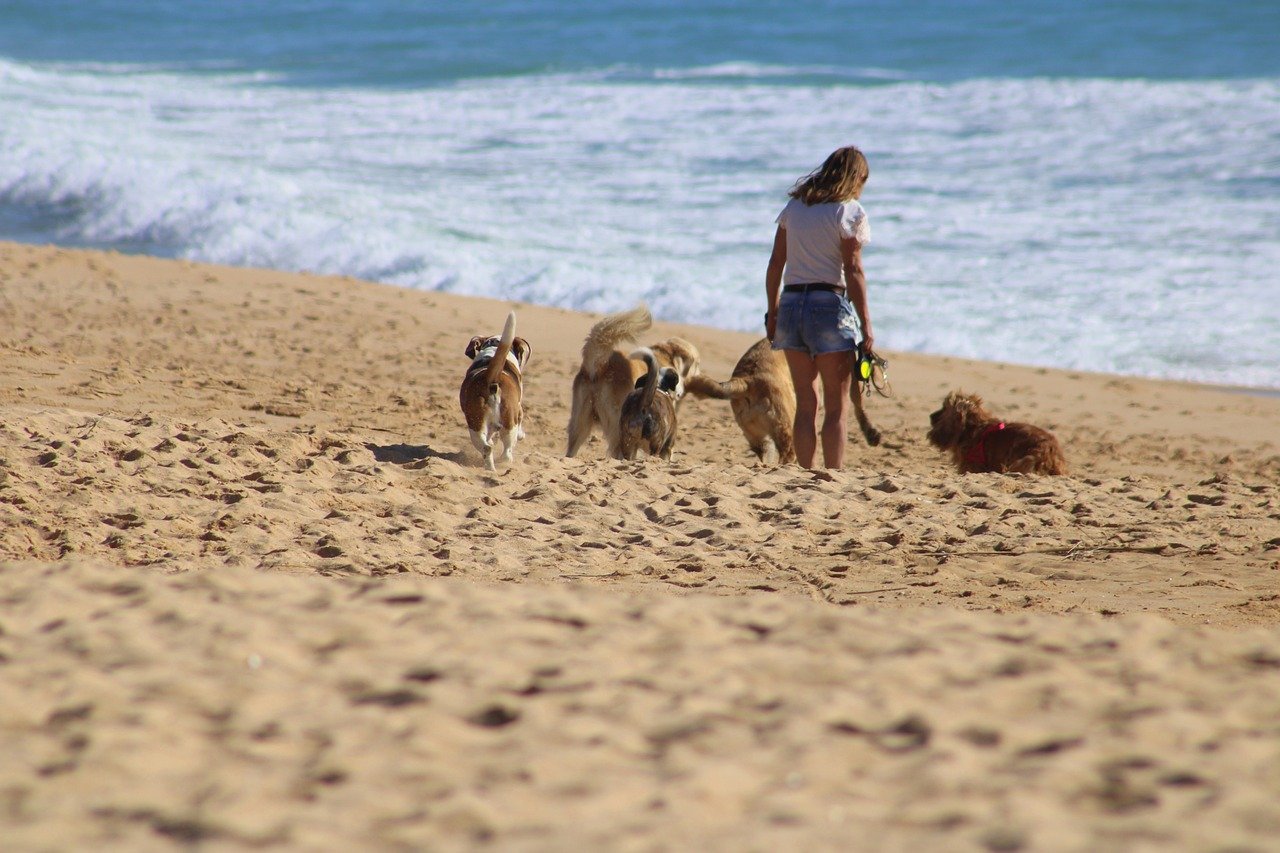Are you passionate about making a positive impact on the world? Look no further! Consider becoming a volunteer for educational or conservation projects, where you can contribute to meaningful causes that benefit both society and the environment. Whether you have a keen interest in teaching, want to preserve precious ecosystems, or simply want to lend a helping hand, volunteering in these areas can be a truly enriching experience. By offering your time and expertise, you can empower others, protect valuable natural resources, and create a lasting, positive change in the world. So, why not embark on a volunteer journey that not only allows you to grow personally, but also makes a difference in the lives of others? Start making a difference today!
Volunteer for Educational or Conservation Projects
1. Why Volunteer for Educational or Conservation Projects?
Volunteering for educational or conservation projects offers a variety of benefits that go beyond simply giving back to the community. By choosing to contribute your time and skills to these projects, you can make a real difference in the lives of others and the environment. Whether you have a passion for education or a love for nature, volunteering in these areas allows you to directly impact the world around you and create a positive change.
2. Types of Educational and Conservation Projects
There are numerous types of educational and conservation projects available for volunteers. You can choose to work with organizations that focus on providing education to underprivileged communities, teaching English as a second language, or promoting environmental conservation through activities such as reforestation, wildlife preservation, or sustainable farming practices. From classroom support to fieldwork, there is a diverse range of opportunities to match different skill sets and interests.

3. Benefits of Volunteering for Educational or Conservation Projects
Volunteering for educational or conservation projects offers a multitude of benefits, both personally and professionally. Firstly, it allows you to expand your knowledge and understanding of the subject matter. Whether you are assisting in a classroom or working in the field, you will gain valuable insights and practical experience. Additionally, volunteering in these areas can enhance your communication and leadership skills as you engage with diverse groups of people and work towards common goals. Furthermore, the satisfaction of making a positive impact and seeing the tangible results of your efforts is immeasurable.
4. How to Find Volunteer Opportunities
Finding volunteer opportunities for educational or conservation projects is easier than ever before. There are various online platforms and organizations dedicated to connecting volunteers with projects around the world. Start by researching reputable volunteering organizations and explore their websites to find projects that align with your interests and availability. You can also reach out to local schools, community centers, or environmental organizations to inquire about any ongoing programs or initiatives. Networking with individuals already involved in these projects can provide valuable insights and recommendations.

5. Essential Skills and Qualities for Volunteers
While specific skills and qualities may vary depending on the project, there are several key attributes that make a successful volunteer in educational or conservation projects. Firstly, having a genuine passion for the cause and a desire to contribute to positive change is crucial. Patience, adaptability, and the ability to work well in a team are also important qualities to possess. Depending on the project, skills such as teaching, communication, problem-solving, and physical stamina might be required. Prioritize self-awareness and understand your strengths and areas for growth to ensure a fulfilling volunteering experience.
6. Preparing for a Volunteer Project
Preparing for a volunteer project involves several important steps to ensure a smooth and successful experience. Begin by thoroughly researching the project and the local culture where the project is based. Familiarize yourself with any required vaccinations, visas, or travel documentation. It is also useful to learn some basic phrases in the local language to facilitate communication. Additionally, consider acquiring specific skills or knowledge related to the project to maximize your impact. Pack appropriately for the climate and arrange necessary transportation and accommodation in advance.

7. Safety and Ethical Considerations
When volunteering for educational or conservation projects, it is essential to prioritize safety and adhere to ethical guidelines. Research the organization or project thoroughly and ensure they have proper safety protocols in place. If possible, seek reviews or testimonials from previous volunteers to gain insights into their experiences. Acknowledge and respect the local customs and traditions, and be aware of any cultural sensitivities that may arise. It is also important to be mindful of the environment and follow sustainable practices during your volunteering activities.
8. How to Make the Most of Your Volunteer Experience
To make the most of your volunteer experience, it is important to approach it with an open mind and a willingness to learn. Embrace new experiences and challenges, and actively engage with the local community or project participants. Take the opportunity to build meaningful relationships with fellow volunteers and project coordinators. Actively seek feedback and reflect on your work to continuously improve and make a more significant impact. Lastly, document your experiences through journaling or photography to create lasting memories of your volunteer journey.

9. Impact and Success Stories of Volunteer Projects
Volunteer projects in the fields of education and conservation have made a substantial impact around the globe. From improving literacy rates in underserved communities to restoring endangered ecosystems, the contributions of volunteers have transformed countless lives and environments. Success stories are abundant, showcasing the power of collective action and the tireless efforts of volunteers. These stories serve as inspiration and further highlight the importance of volunteering in creating a sustainable and inclusive world.
10. Conclusion
Volunteering for educational or conservation projects offers a unique opportunity to contribute to society while enriching your own personal growth. Whether you choose to teach children, assist in environmental research, or engage in hands-on conservation activities, the impact of your efforts can be profound. By finding the right project, preparing thoroughly, and embracing the experience with an open heart and mind, you can truly make a difference and be a part of positive change. So, why not take the leap and volunteer for educational or conservation projects? The world is waiting for you to make your mark.

